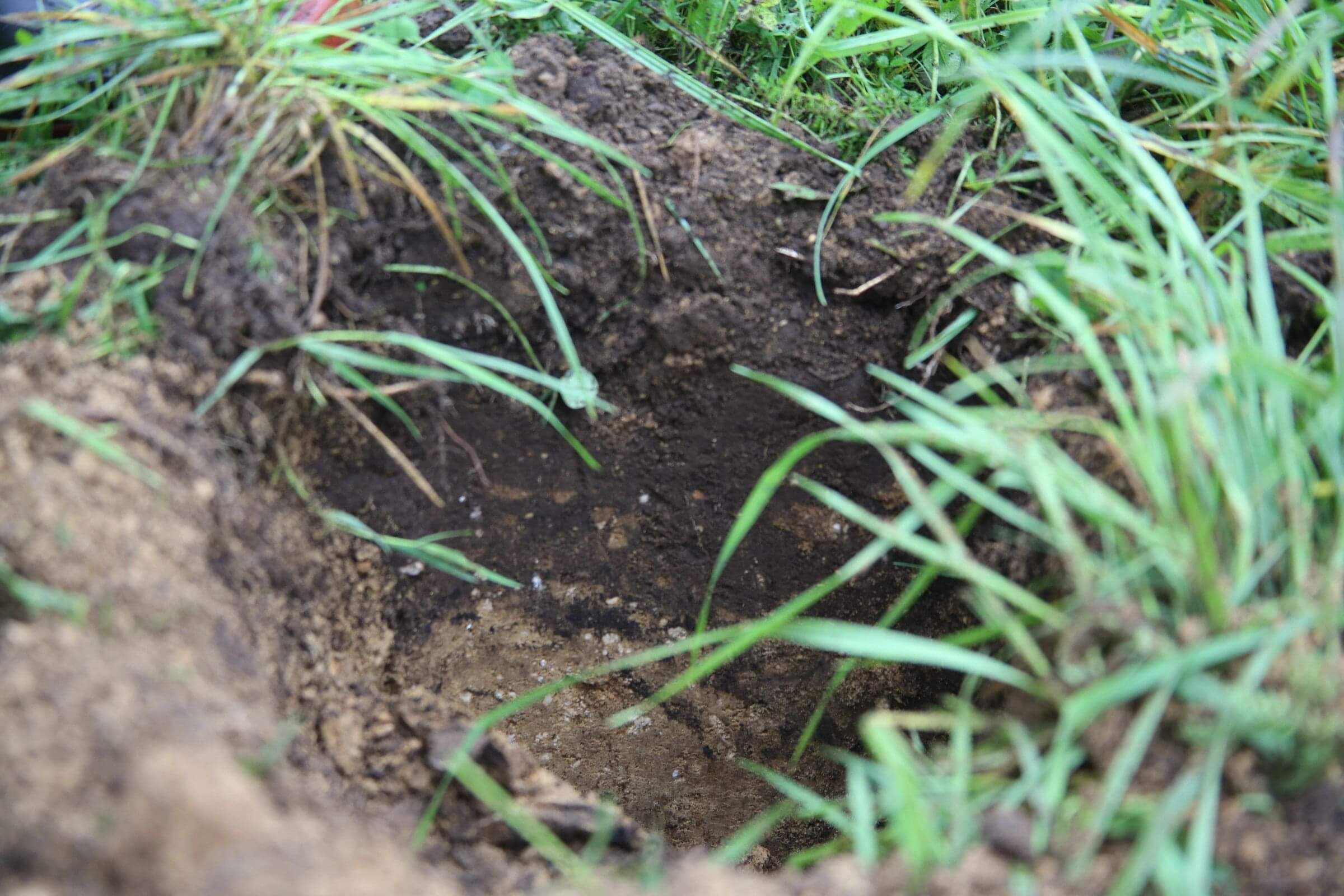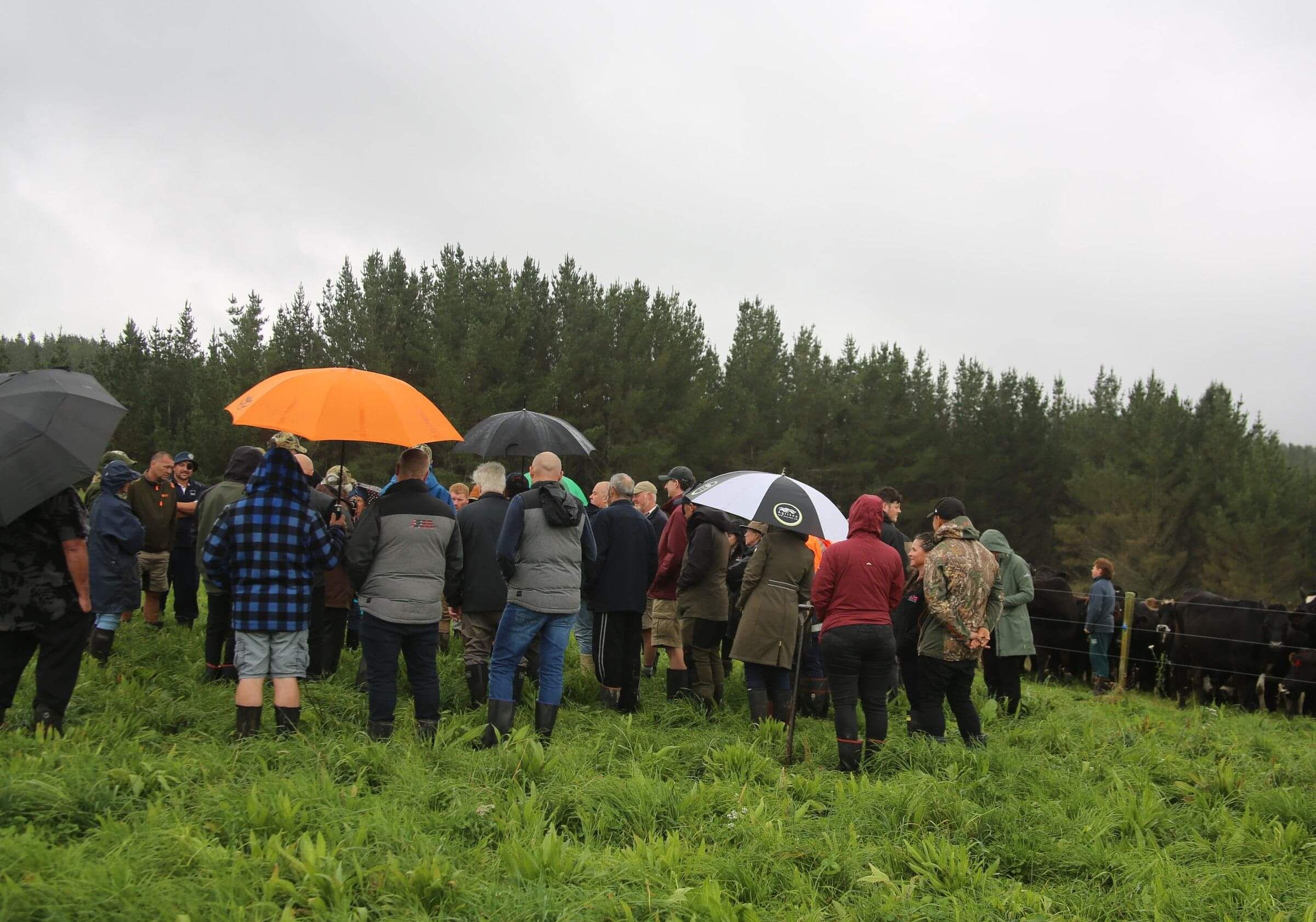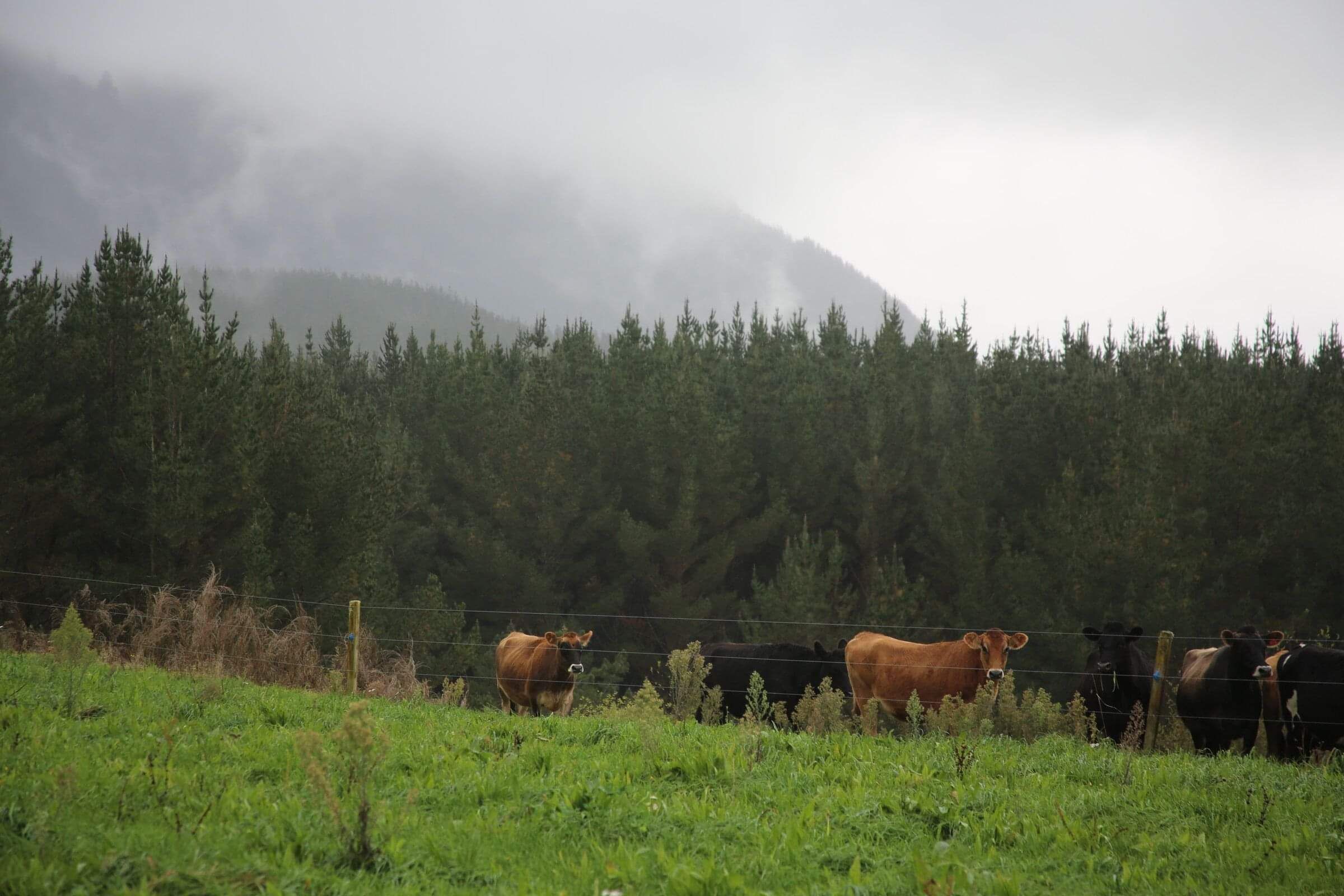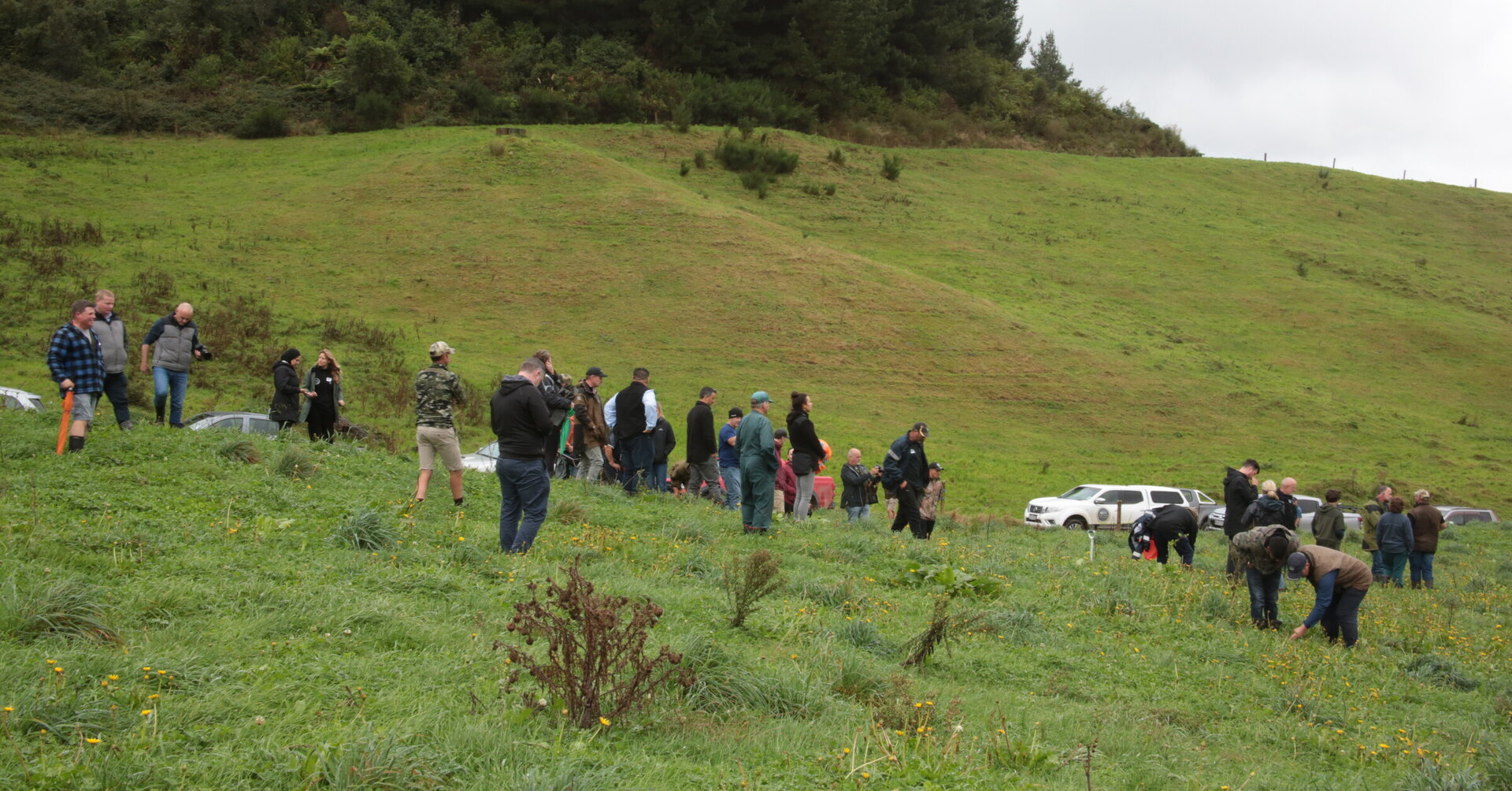Loyal to the Soil Seminar - Summary
Rachel Mudge
Wai Kōkopu Technical Advisor
I recently had the privilege of attending Christine Jones’ seminar. A big thank you to AgriSea for hosting these super events.
Christine Jones is a soil scientist of international regard. She recently travelled around New Zealand on her ‘Loyal to the Soil’ speaking tour.
Listening to this articulate, intelligent soil scientist in a humble farm shed, and the fresh understanding she provided on polycultures (diverse pastures), left little room for other conclusions. Finding regenerative ways to farm in New Zealand is necessary, although it won’t be achieved without good science, commitment and ongoing analysis.
More than 100 years ago, the simplification of pastures to fewer species started a system of management which is now so tightly woven into farming tradition it can be difficult to determine a starting point for change. However, the evidence that should be driving a significant change in land management practice is overwhelming. Poor pasture resilience is driving the need for continual pasture renewal. This is reflected in low worm counts, shallow, compacted underperforming topsoil, erosion, summer fragility plus poor animal and human health stats. The problems are diverse and admittedly seem difficult to overcome
With the stakes so high, and many signs pointing to an overdue review of land management systems, the lack of progress toward change is baffling. If such dysfunction was affecting the All Blacks’ rugby performance, we would have a nationwide outcry and immediately recruit coaches with better strategies.
As Christine points out, the intention of ryegrass and clover swards was to simplify pasture management. Unfortunately, their performance is reliant on continuous inputs of nitrogen and phosphorus fertiliser. The idea that ‘rye-clover swards are the vital backbone of modern farming’ is a misconception – one preventing the breakthroughs needed for economic and ecological recovery. It is a relatively simple change to incorporate plants from different families. For example, over-sowing of plantain and chicory can be a great place to start.
In many countries, people are looking to move their farming systems away from reliance on soluble fertilisers, insecticides and pesticides to prevent further adverse effects.
In Ireland, the SMARTSWARD project at University College in Dublin measured the positive effects of mixed sward planting with low rates of nitrogen fertiliser. “From examining the results, the 55% grass, 35% legume and 10% herb performed the best in both the spring and the autumn.”
An interesting question posed from the audience was, “I notice that you haven’t used the term ‘regenerative agriculture’ in your presentation today. Is that because lately the media have been referring to it as a ‘values-based’ system?”
Christine’s answer below should cause us all to pause and consider, why are we managing our land this way?
“If you value the life in the soil, if you value the lives and health of the people eating food we produce, you will be motivated to improve the community of living things in the soil. If we change our values, we won’t want to use products that put people in danger of being sick.”
It appears that yes, regenerative agriculture is a values-based system. Thank you for the question.
Next question, when do we hire the new coach?






